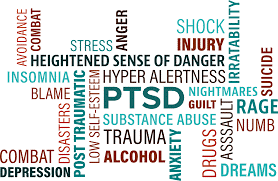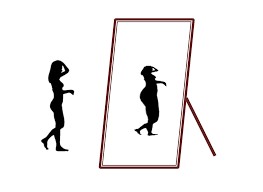The Every Mind Matters campaign

Encouragingly, now, perhaps more than ever, the focus on mental health in the UK is high. However, we are currently in the midst of a global pandemic which may have created many more mental health problems than there were before. A recent study found that nearly two-thirds of people are more worried about their mental wellbeing that their physical health. Not being able to make plans, boredom, stress, and anxiety were found to be the areas people are currently most affected by. There is a lot that we can’t control right now, but there are many ways in which we can gain some control back, and there are a wealth of resources that can be used to do so.
In October 2019, in partnership with the National Health Service, Public Health England launched the ‘Every Mind Matters’ campaign, which aims to help people to undertake simple steps in order to improve their mental wellbeing, to look after their mental health, and to support other people. It was based around the evidence that more that 80% of people had experienced early signs of poor mental health in the previous twelve months. These were things like having a low mood, feeling stressed, anxious, or having trouble sleeping. While such things can be common and be in response to life events, they can become more serious if people don’t take any action, with many people waiting too long to do so.
I’m sure most people have seen the advertising of the campaign in some form – billboards, television adverts, social media posts and so on have filtered into the nation’s consciousness over the past few months, with famous people such as Davina McCall, Freddie Flintoff, Gillian Anderson and Professor Green taking part in the advertising. The aim was for one million adults in England to become better informed, able to look after their own mental health and support that of others. By going to the website, people can answer questions about what they have been experiencing (such as their sleep pattern) and how they have been feeling (such as if they have felt stressed), and once the small set of questions have been answered, they receive a self-tailored plan containing tips on what you can do to help with how you’re feeling. Some tips give advice using videos and other resources, as well as the website having lots of resources on common mental health problems, and helplines for people requiring urgent support.
In these recent times of uncertainty and anxiety due to the global pandemic, the website now even has a wellbeing section dedicated to the worry people may be feeling due to the coronavirus. As well as providing information about being at home and working from home, it gives information about how to improve mental health and wellbeing by things like staying connected to people, sharing your concerns with others, doing things you enjoy, focusing on the present and looking after your sleep.
The main part of the website that I love is the section about helping others who have mental health problems. Many people may not have any experience with mental health problems, theirs or people around them, and so may find it difficult to know how to react. Advice given on the website in what to do includes expressing your concern and saying that you can help, offering your time to listen to them, act as you normally do together, offering practical help, and also making sure you are looking after yourself too.
Personally, I think it’s a remarkable thing to have available. Not only does it provide support to people, it has also allowed the subject of mental health to become a widespread talking point. In recent years there has been a change in how mental health is generally viewed, but to some there is still a stigma around saying they are struggling with theirs. In the information given about how to help someone, I think that ‘act as you normally do together’ is really insightful to use as behaving differently towards someone can make them feel more isolated, and I’m sure is a reason behind such stigmas in the first place. By producing a national campaign using so many famous faces, this has hopefully helped reduce the stigma even more.
Sarah Keeping MBPsS MSc PgDip GDip BA (Hons) Cert HE
Follow Sarah on twitter at @keepingapproach
References
https://www.bbc.co.uk/news/health-52574606
https://www.gov.uk/government/news/groundbreaking-new-platform-launched-to-support-mental-health
https://www.nhs.uk/oneyou/every-mind-matters/



